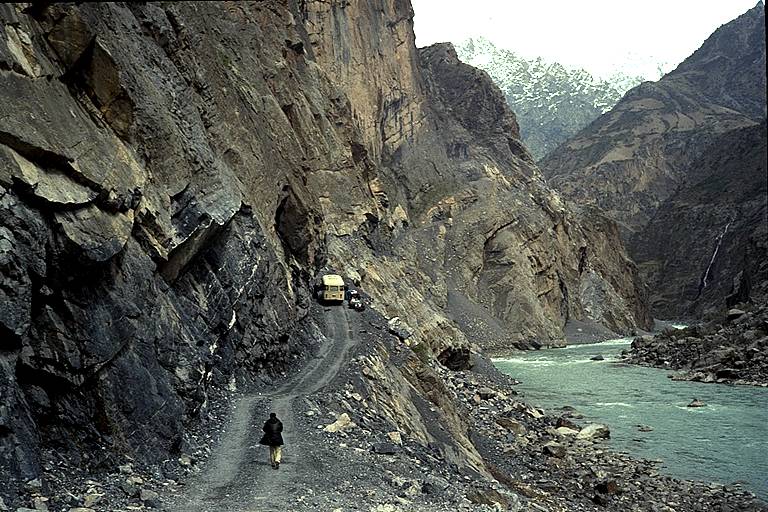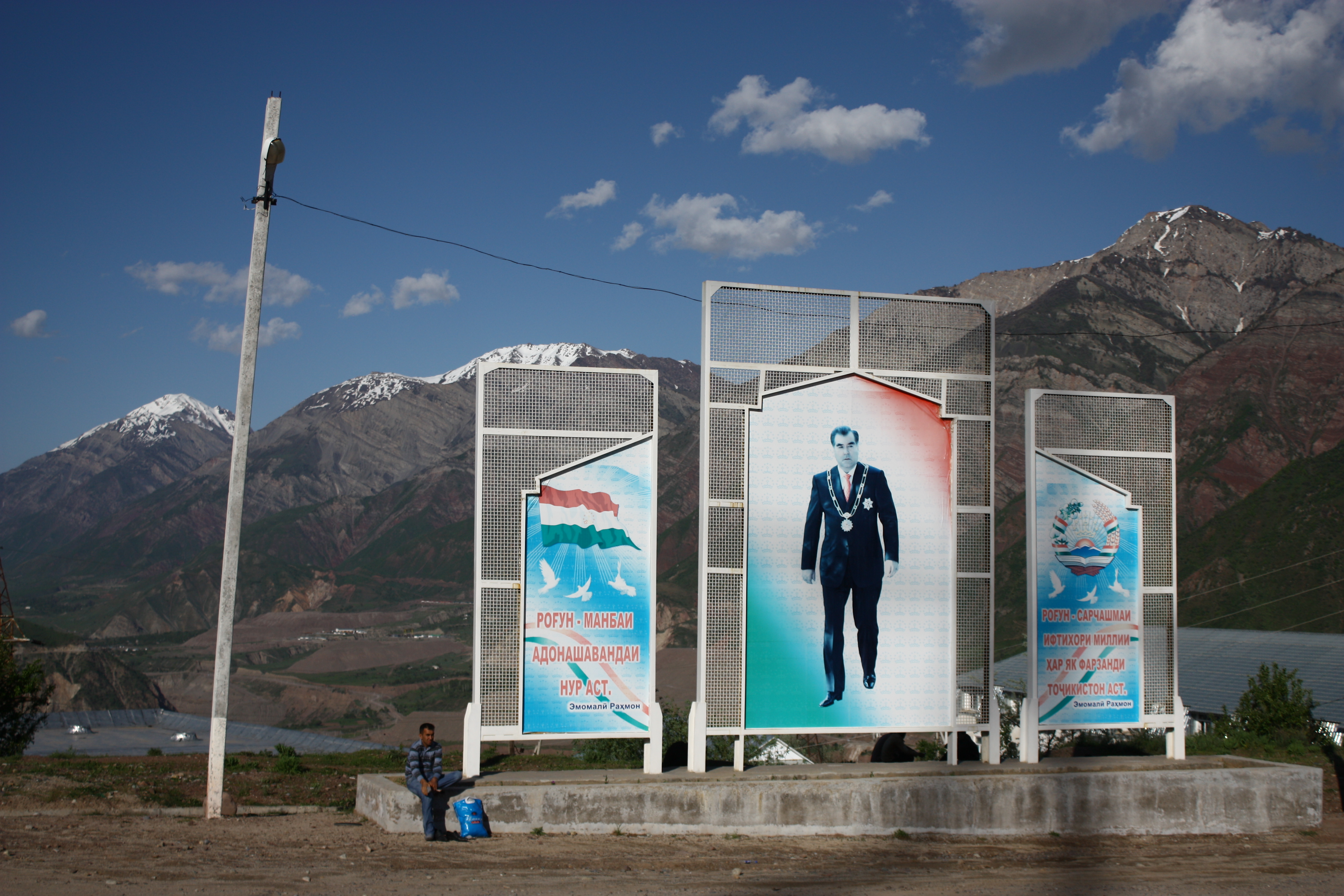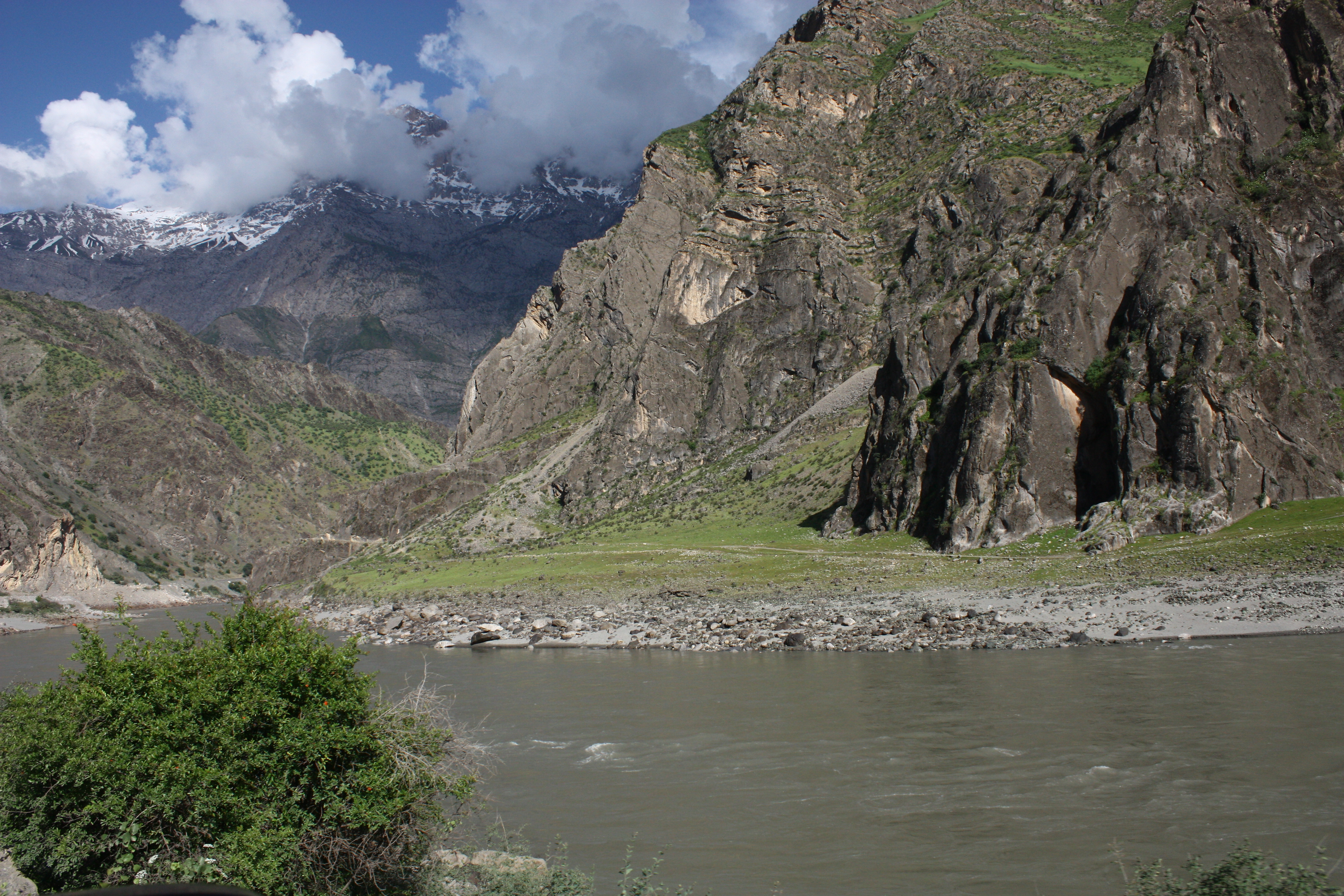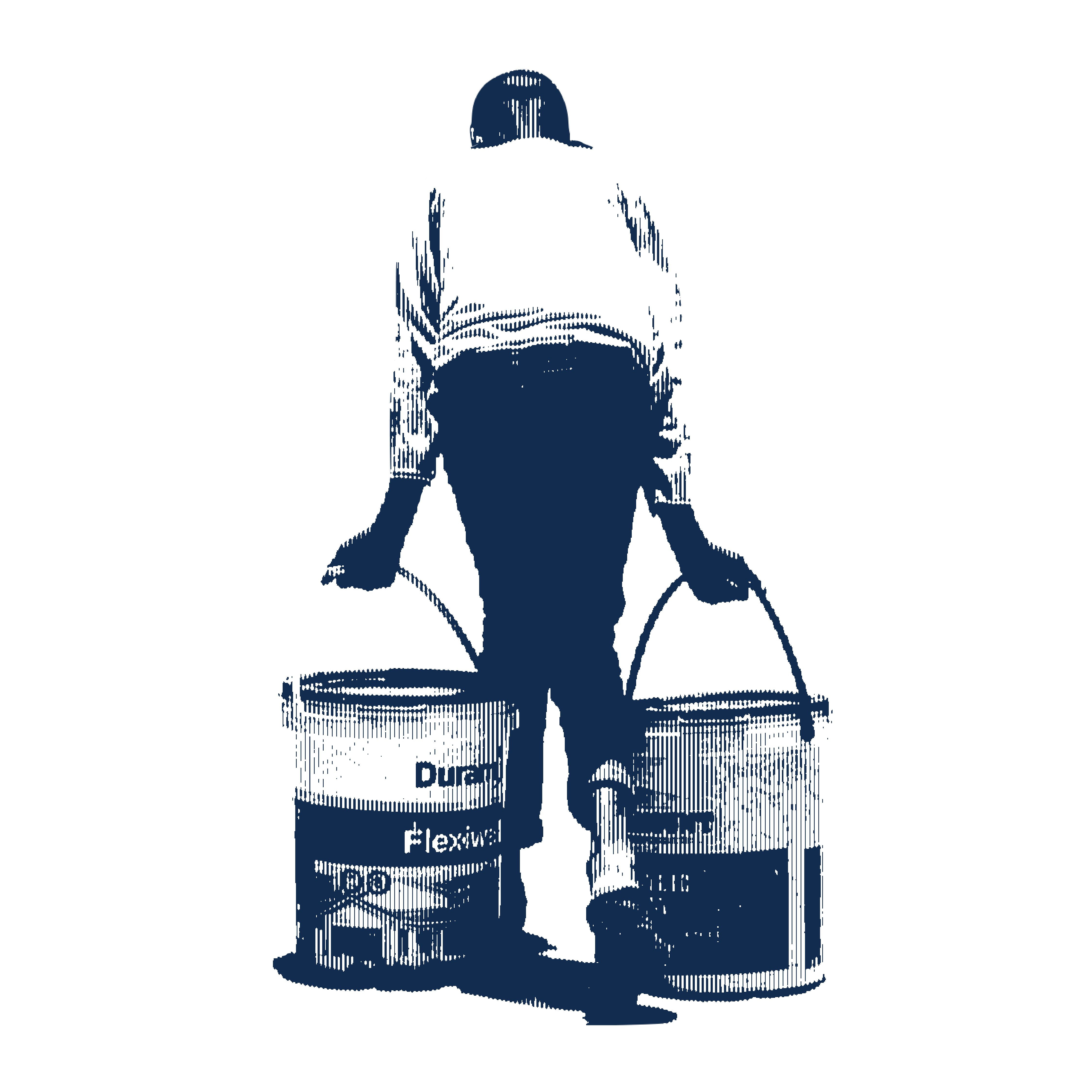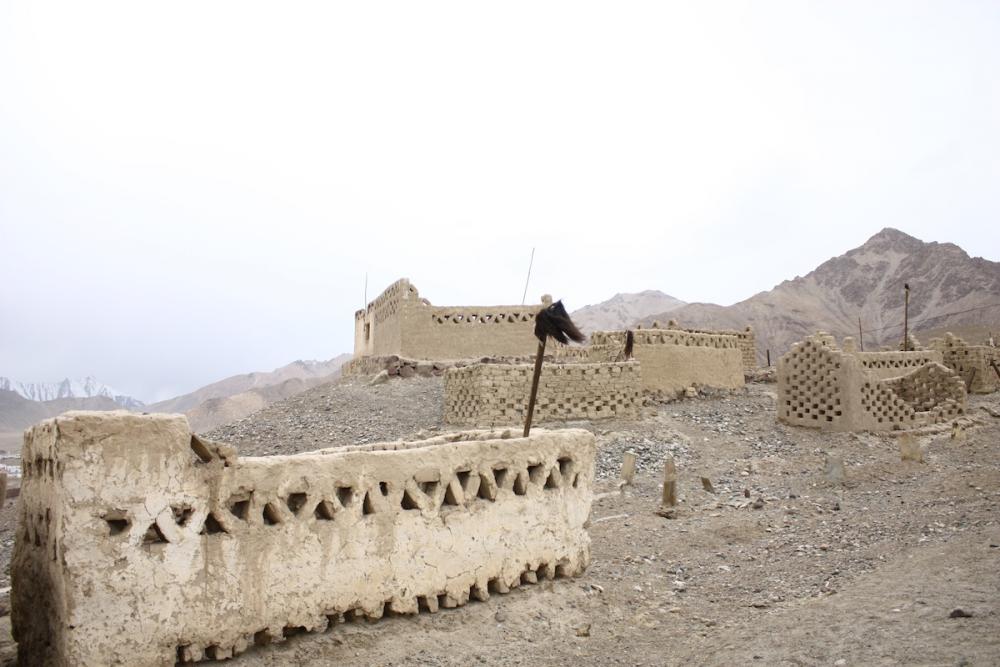
Tajikistan, bordering Afghanistan and the poorest country in the former Soviet Union, has quietly emerged over the last couple of years as the linchpin for the stability of Central Asia and as the focal point for major powers – the U.S., Russia, China, Iran, and India – that are trying to gain footholds in the region.
But Tajikistan is itself highly unstable. The government holds only shaky authority over large parts of the country. The peace deal that ended the civil war in the 1990s gave substantial local power to former rebel leaders, but those leaders are again becoming disgruntled as the kleptocratic central government takes more and more power (not to mention revenues) into its own hands. The country has become the first transit point for Afghan opium on its way to Europe, and most observers believe that the government is also deeply involved in that trade.
Meanwhile, the country's president has seized on a controversial plan to develop the country: a massive hydropower plant. He is seeking international backing for the $2 billion project, while at the same time forcing his country's desperately poor citizens to contribute funds. But the dam would starve downstream Uzbekistan of water, and that country's president has warned of "water wars" in the region.





